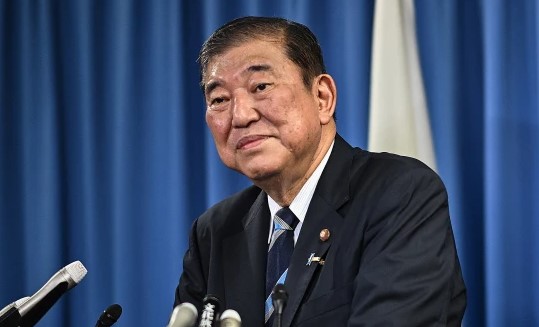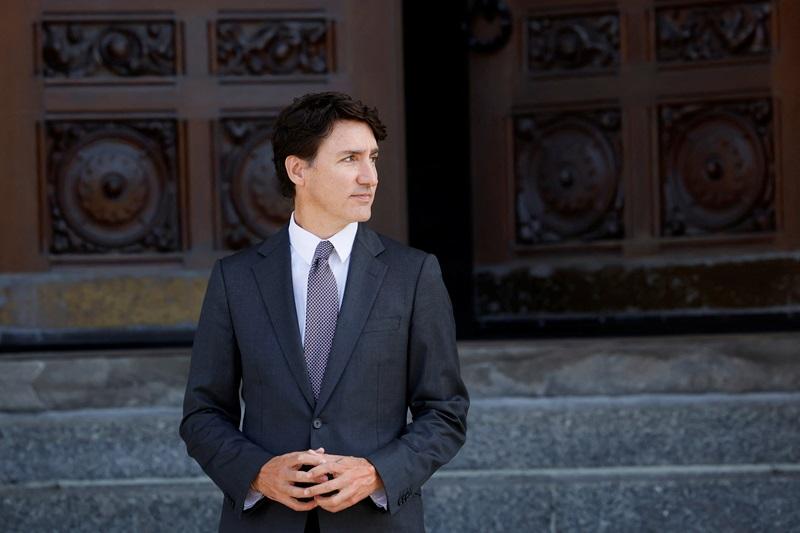WORLD NEWS

Japan’s incoming Prime Minister, Shigeru Ishiba, announced on Monday that he will call a general election for October 27, following his victory in one of the closest leadership contests in the history of the ruling Liberal Democratic Party (LDP). The election, set to occur a year earlier than scheduled, will determine control of the lower house of parliament and precedes the U.S. presidential election in November.
At a press conference held at the LDP headquarters in Tokyo, Ishiba emphasized the need for the new administration to be evaluated by the public as soon as possible. “It is important for the new administration to be judged by the people as soon as possible,” he stated.
The announcement came amidst market reactions, with Japanese shares plummeting over 4% in early trading. The yen strengthened, and Japanese government bonds saw a rise following Ishiba's election win, as he is perceived as a monetary policy hawk.
Ishiba, 67, has begun selecting government and party officials who will join him in the upcoming election campaign. Key appointments include Katsunobu Kato as finance minister and Yoshimasa Hayashi remaining as chief cabinet secretary, a crucial role that includes being the top government spokesman. Ishiba has also appointed Takeshi Iwaya, a close ally and former defense chief, as foreign minister, while Gen Nakatani returns to the defense ministry after holding the position in 2016. Additionally, Yoji Muto, a former junior minister, will take charge of the economy, trade, and industry ministry.
Notably absent from Ishiba’s appointments is Sanae Takaichi, the hardline conservative he narrowly defeated in the leadership race, winning by a vote margin of 215 to 194. Reports indicate that Takaichi has declined to accept a ministerial position, raising concerns about Ishiba's ability to unify a ruling party that has been rocked by scandals and diminished public support. Hiroshi Shiratori, a political science professor at Hosei University in Tokyo, remarked that Takaichi's absence could signify a potential weakness in Ishiba's support base.
In contrast, Ishiba has selected another rival, Shinjiro Koizumi, as his election campaign chief, alongside former Prime Minister Yoshihide Suga, a Koizumi supporter, who will serve as the party's new vice president. Both Koizumi and Suga joined Ishiba at the press conference, showcasing a semblance of unity among party factions.
Ishiba’s leadership win marks his fifth attempt to lead the LDP, with significant backing from rank-and-file party members. However, he has garnered a reputation as a troublemaker among parliamentary colleagues for often challenging party policies. In an effort to bridge divisions, Ishiba expressed regret to LDP lawmakers on Friday for his “shortcomings” prior to the runoff election against Takaichi.




